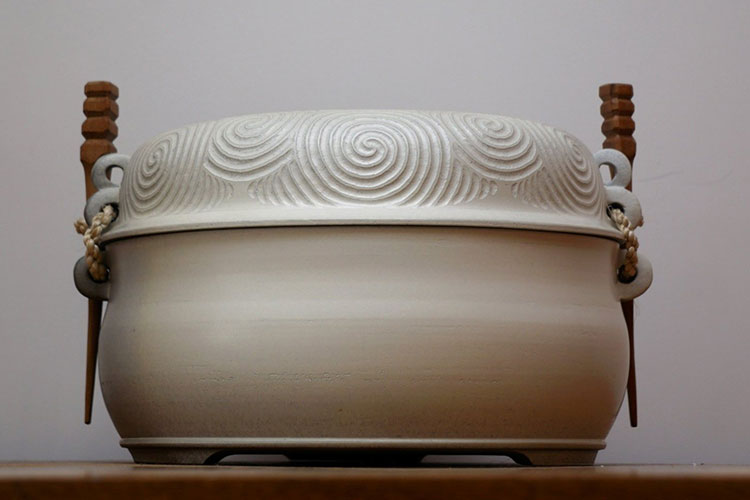British migrant Caroline Willis had been teaching mainstream classes in the UK and New Zealand for more than 25 years.
Now she’s recently stepped up to a role in a te reo Māori-te reo Pākehā bilingual unit at Ōpōtiki College after completing the He Puāwai (Certificate in Adult & Tertiary Teaching) programme at Te Wānanga o Aotearoa.
“I must admit if I hadn't done the course I might not have had the confidence to put myself forward for the position,” says Caroline. And she believes the completion of the He Puāwai programme helped her job application stand out.
Applying for the job came after Caroline developed a strong interest in te ao Māori (the Māori world).
She started studying with TWoA in 2017 in Ōpōtiki after visiting an exhibition where kaiako (teacher) Roka Cameron was showcasing weaving pieces done by her tauira (students).
Roka, who has since retired, had over 40 years of teaching experience, which played a big part in Caroline’s decision to begin her learning journey at TWoA.
She began by doing a weaving Certificate in Māori Visual Arts (Raranga).
“I thought I can’t let that opportunity go, to have someone in Ōpōtiki with that level of skill, I just have to study with her. That’s why I ended up doing three years with her,” says Caroline.
Caroline has since graduated from a number of different TWoA programmes, with her latest achievement being the He Puāwai programme.
“Because Māori culture is strongly represented in Ōpōtiki it made sense to keep exploring. That’s why I ended up on the He Puāwai course, because I could see some really valuable thinking that I could take back to the classroom.”

Caroline, who has lived in Aotearoa since 2003, found the study has not just helped her professional life, but her personal life as well.
“It’s given me confidence in my community. I went to a new marae on my own and I was comfortable in that space. I wouldn’t have done that if I hadn't studied the raranga course thorugh noho marae.”
The support and encouragement from the different kaiako she has studied under is something which Caroline believes helped her achieve in her study.
“I think they go out of their way to help people be successful. They do everything they possibly can to help. My hats off to the kaiako at the Wānanga.”
Caroline plans to continue learning with Te Wānanga o Aotearoa, hoping to complete a Te Reo Māori language programme. She also expects to be learning the language from the very students that she is now teaching in the bilingual unit.




































